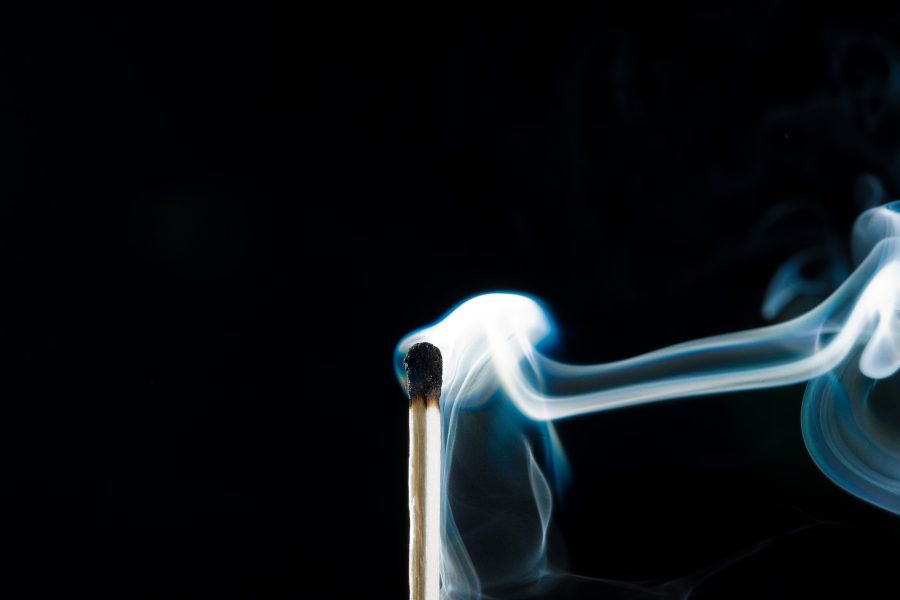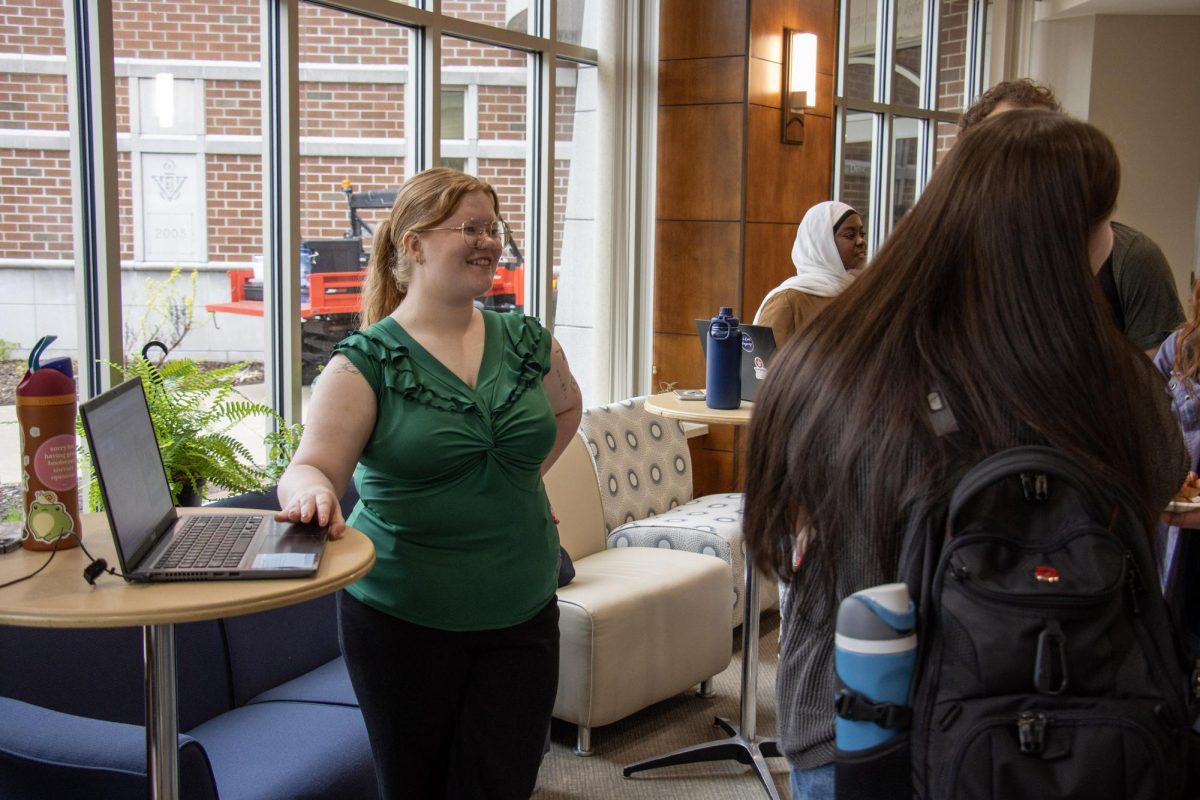Everyone is feeling burnt out. Here’s why.
October 25, 2021
The shrill shrieking of my 6 a.m. alarm snaps me awake to see another miserable day. I lie there listening to the sound while I stare upwards at the ceiling, motionless. Its persistent calling mocks me, like a pestilent bird perched upon my dresser–laughing at my pathetic existence–judging me. I have slept a full ten hours, but it feels I haven’t slept in days. I would gladly sleep all day, cancel all my appointments, if not for the looming hand of inevitable deadlines and inflated self-image ready to rip me from the safety of my bed. I am completely burnt out and indifferent to all life around me; if you have had many mornings like this, chances are you are too.
Have you ever stood in your living room observing dirty dishes on the coffee table, a coat left draped over the couch, and three pairs of shoes littering the floor? You know exactly where to start, but not a single muscle feels primed to move—you just stand there staring—and you think maybe if enough time goes by a miracle will happen. You long for that sense of completion but have zero gas in the tank. Don’t you worry; you are not crazy. There is a term for this, and it is called “burnout.” It is a real condition and has a variety of different treatments and practices for prevention.
Burnout is not a made-up condition, according to an article by 1843 Magazine, burnout was first recognized by “German-American psychologist Herbert Freudenberger [who] applied the term to the increasing number of cases he encountered of physical or mental collapse caused by overwork or stress.” Evidence of burnout can also be found all the way back to ancient times. In this same article, it is speculated that acedia, a term invented in the writings of Hippocrates and Galen, lies close in definition to modern burnout; it is defined as a “listless indifference to worldly life brought about by spiritual exhaustion.”
So, we are not lunatics or lazy bums—that’s a relief—but why does it seem like everyone I talk to on campus is feeling this way?
Viterbo’s campus is a restless place. For full-time students, taking anywhere from 12 to 18+ credits, their schedule is packed with back-to-back classes, meetings, study breaks, and after-school events that leave them with little time to themselves. Even when they get an hour to eat, go on a walk, read a book, or meditate there is an unshakable thought that we are wasting our time. Precious time an ideal version of ourselves would willfully utilize to finish a project or study before a deadline arrives. This, however, is simply the reality we face as full-time students and does not inevitably result in burnout.
As defined in an article on this topic, “College burnout refers to an extended period of extreme fatigue and apathy that often results in a decline in academic performance.” There are many factors that lead to college burnout; the most obvious of these being a heavy workload, lack of sleep, and procrastination (which causes high amounts of stress). Not so obvious are factors such as poor choice of friends, no support system, not meeting or setting goals, and dissatisfaction with the choice of your major.
Did any of these hit too close to home? If the answer is “yes,” take a moment to familiarize yourself with the symptoms of a burnout. These symptoms commonly include lack of motivation, loss of interest, isolation, failure to meet deadlines, poor grades, and increased irritability. If you notice that you are experiencing these symptoms, the Lumen encourages you to seek help ASAP; there are valuable resources available to you right here on campus.
Burnout makes life incredibly difficult, even unbearable sometimes, but you are never alone. Life gets overwhelming and it is so easy for us to shut down; being able to flip ourselves back on, however, lies a great challenge. Though I would love, with all my heart, to end this article with a five-step plan on how to cure burnout, I have a 700-word limit. I only hope that after reading this article you better understand burnout, the factors that cause it, and the power it has over us.
If you would like to talk to someone, you are encouraged to contact Viterbo University’s Counseling Services: https://www.viterbo.edu/counseling-services; 608-796-3825. For assistance after normal business hours, you can call the Great Rivers 24-hour helpline: dial 211 from a campus phone or 800-362- 8255. For emergencies, dial 911 or campus security (3911 from campus phone or 608-796-3911).



